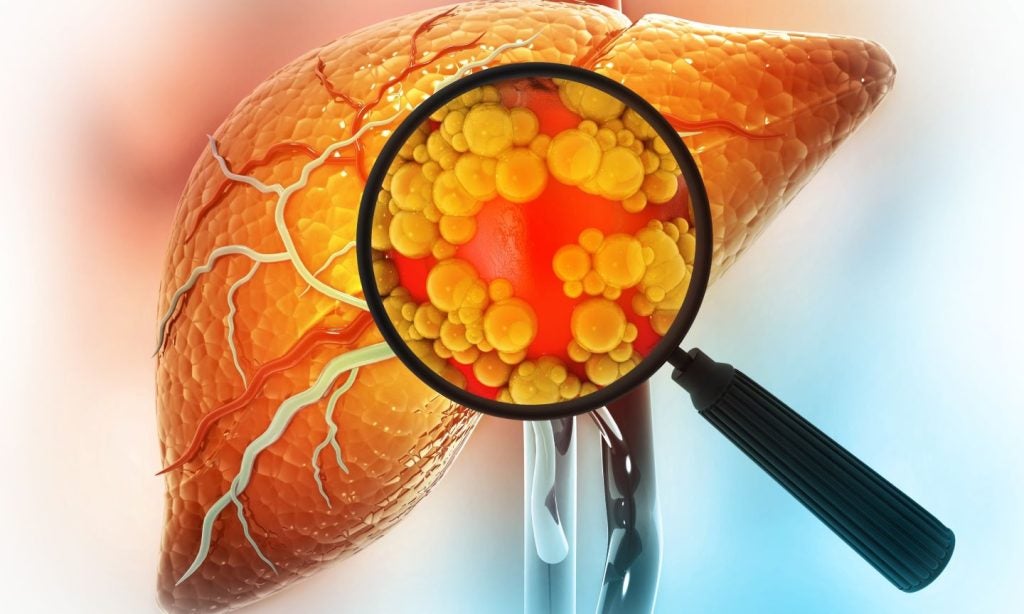PathAI has expanded a multi-year partnership agreement with Bristol Myers Squibb (BMS) to leverage artificial intelligence (AI)-powered pathology in translational research and clinical trials.
In the initial stage, the deal will focus on key translational research in oncology, fibrosis and immunology areas to advance the work into clinical development.
Under the alliance, the companies will use AI pathology models for better detecting patient populations to possibly de-risk treatment development across the pipeline of BMS.
Additionally, PathAI and BMS intend to leverage these models to collect crucial insights that would aid in boosting the segmentation of patients in clinical trials across various disease indications.
The companies are also partnering to develop AI-powered diagnostics, especially to measure CD8 T-cell infiltration across oncology disease areas.
See Also:
This biomarker showed to potentially predict response to immunotherapy and aid in informing treatment decisions of the patient.
How well do you really know your competitors?
Access the most comprehensive Company Profiles on the market, powered by GlobalData. Save hours of research. Gain competitive edge.

Thank you!
Your download email will arrive shortly
Not ready to buy yet? Download a free sample
We are confident about the unique quality of our Company Profiles. However, we want you to make the most beneficial decision for your business, so we offer a free sample that you can download by submitting the below form
By GlobalDataThe latest deal builds on an existing partnership entered by PathAI and BMS in 2016 and has provided results in various areas.
In June 2020, the companies reported retrospective exploratory findings from trials on AI-driven PD-L1 scoring, which detected more patients as PD-L1 positive than the manual one.
PathAI and BMS also reported exploratory findings in July that compared usage of AI-driven algorithms to manual IHC scoring PD-L1 expression linked to outcomes across various kinds of cancers from numerous trials.
Bristol Myers Squibb Immunology, Cardiovascular and Fibrosis Thematic Research Center senior vice-president and head Robert Plenge said: “We look forward to collaborating with PathAI to expand the potential application of AI in the drug development process to include translational research, clinical trials and diagnostic advancements.
“We feel that PathAI will be a productive collaborator given digital pathology represents a growing area for BMS, PathAI is a leader in the field and the fact that we have a long-standing, productive relationship with the company.”






